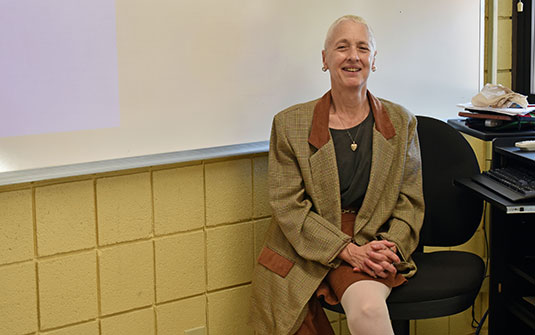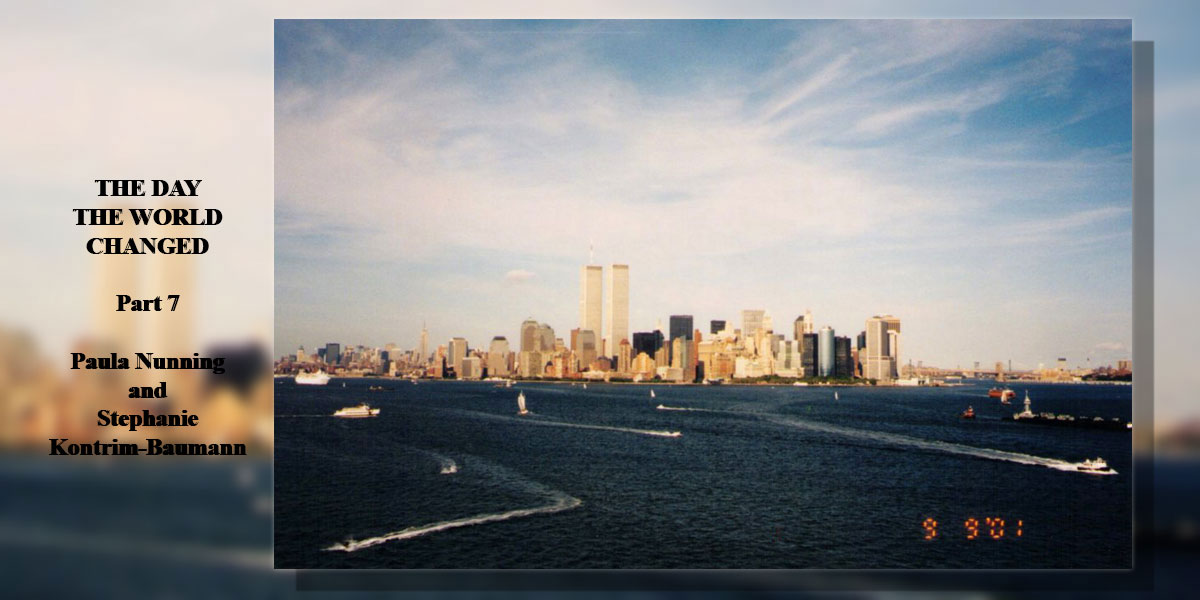In the seventh of our 8-part series, Stephanie Kontrim-Baumann, assistant professor of marketing and business, and Paula Nunning adjunct professor of nursing, reflect on Sept. 11, 2001, remembering the 20-year anniversary of the infamous day.
The North Tower and South Tower of the World Trade Center in New York City collapsed during the terrorist attacks on Sept. 11, 2001. This photo was captured by MBU’s Heather Goodin just two days before America was changed forever. Notice the date stamp in the bottom right corner as this photo was shot with film. Photo by Heather Goodin
— Part 7 of an 8-Part Series —
September 11, 2001 (all times Eastern Daylight Time)
8:46 a.m. – An airliner strikes the North Tower of the World Trade Center
9:03 a.m. – An airliner strikes the South Tower of the World Trade Center
9:37 a.m. – An airliner strikes the Pentagon in Washington, D.C.
9:59 a.m. – The South Tower collapses
10:07 a.m. – Flight 93 crashes in Shanksville, Pennsylvania
10:28 a.m. – The North Tower collapses
September 11, 2001, has a special place in the heart of every American. Many students at MBU were very young or not even born yet at the time of this infamous day. We can only learn about what happened during the terrorist attacks by hearing the stories of those who remember this time filled with fear, pain or even hope. MBU Timeline photojournalists asked our staff and faculty what they remember about Sept. 11, 2001, on its 20-year anniversary.
__________________________________________________
Stephanie Kontrim-Baumann
“Sometimes our memories of things are framed by what really happened. Afterward I knew what was happening but at the time it was just chaotic. There was so much misinformation. We heard that a plane had crashed in Pennsylvania but we had no idea where. We just didn’t know what would happen next.” “I remember going back to England and getting off the plane, my husband was there with my son in a stroller. I remember seeing them as I came through immigration. I didn’t really know that I was ever going to see them again.” “It was probably the most formative event of my life. It was really scary, it was sad, and there was just so much misinformation.” “Fundamentally, this was so out of the realm of reasonability, understanding and possibility. And yet it happened. But the word of God still stands. This was a foundational event that shaped my life, but it really shaped my faith too.”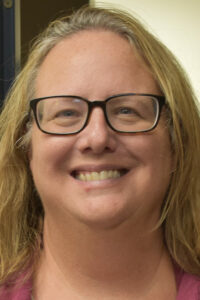 “I was calling my husband and he was watching the news and all of a sudden he saw that there was another one. At that point it was fairly clear that it was not an accident.“
“I was calling my husband and he was watching the news and all of a sudden he saw that there was another one. At that point it was fairly clear that it was not an accident.“
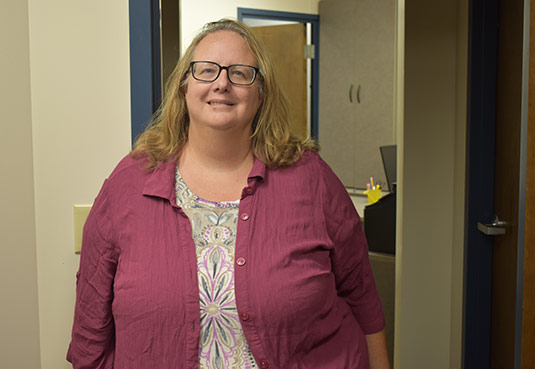
__________________________________________________
Paula Nunning
“I got in my rental car and headed down Eisenhower Freeway and that’s when I heard the breaking news that a plane had hit the towers.” “At 8:15 a.m., the second report came in, and that’s when the second plane hit.” “I had seen someone place a huge American flag on the overpass.” “The next month, our company was totally down. Everybody was in, we were in our home offices doing phone and computer trainings, and we were not allowed to travel. On Oct. 4, I was allowed to train. I had to be in Canada to train 400 people. It was a Delta flight designed for 200 people and there were seven people on that plane.” “When I went into the training, it was back-to-back classes, and every single class I went through the software, and at the end they didn’t have questions about the software. Instead they had questions about me. ’How is your family?’ ‘Where are you from?’ And there was the change. These folks are welcoming someone who is not Canadian. I was someone coming internationally but they didn’t care.” “I was leaving and before the plane went off, they told us that they would take up a collection for our American friends in their time of disaster. She passed around a bag and everybody on that plane contributed.” “The takeaway is, you cannot hold onto anger, it will eat you up. You won’t be able to take that experience and teach. I wanted to take that experience and say, ‘What can we learn?’ and ‘What good came out of it?’” “I always had my faith, from cradle to grave I am God’s child, but even more so after that experience it was, ‘Jesus, it’s in your hand. Wherever you want me to be at any given moment it’s up to you.’”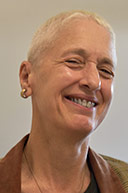 “Joe’s voicemail came through at 8:40 a.m. saying, ‘Wherever you are, we will get you home. If you’re in your home office, stay there, and if you’re not, call in to let me know where you are.”
“Joe’s voicemail came through at 8:40 a.m. saying, ‘Wherever you are, we will get you home. If you’re in your home office, stay there, and if you’re not, call in to let me know where you are.” 